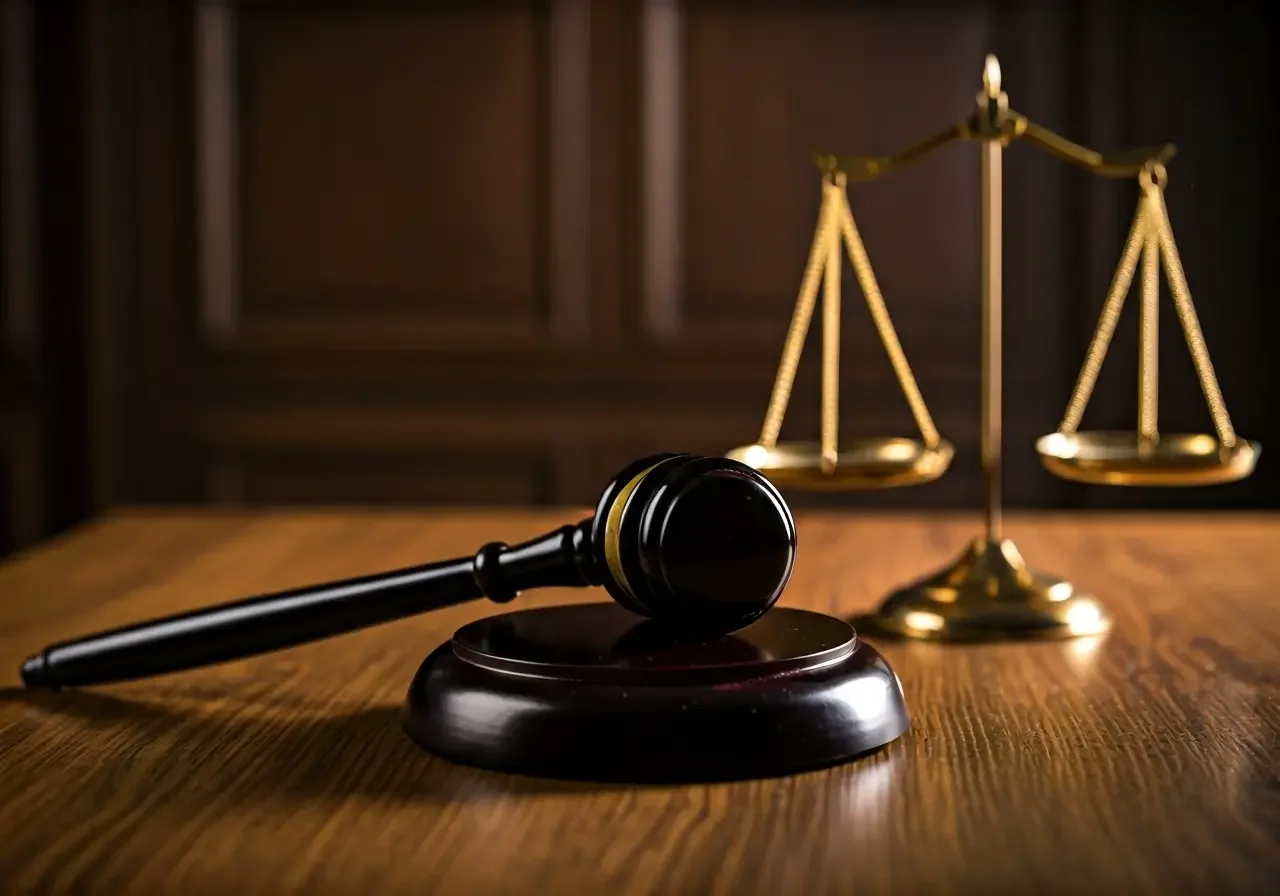How Does an Arthur Hearing Affect the Bail Process in Florida?
Navigating the legal system can often feel overwhelming, especially when faced with terms like 'Arthur Hearing.' If you're dealing with the bail process in Florida, understanding how an Arthur Hearing can impact this procedure is crucial. In simple terms, an Arthur Hearing is a critical step where a judge decides whether to deny bail to a defendant accused of a serious crime. Let's break down how this hearing affects the bail process in Florida.
What is an Arthur Hearing?
An Arthur Hearing is a pre-trial hearing in Florida where the prosecution must present serious evidence to justify denying bail for certain charges, mainly serious felonies. This hearing helps determine whether the accused can be considered a flight risk or a danger to the community.
Understanding the role of an Arthur Hearing starts with recognizing its foundation in Florida's legal system. Originating from the 1980 court case State v. Arthur, this hearing is invoked when a defendant’s liberty before trial is contested. The primary focus is narrowly tailored to cases where public safety or the risk of the accused escaping justice is of significant concern.
It's vital for anyone facing an Arthur Hearing to comprehend that the stakes are high. Generally, the prosecution shoulders a heavy burden of proof in these hearings. By illuminating aspects such as the gravity of the crime and the strength of the evidence, the court decides if the case merits denying bail. Understanding these nuances is crucial to navigating the hearing successfully.
Criteria for Holding an Arthur Hearing
The prosecution must request an Arthur Hearing for defendants charged with serious crimes. It is primarily reserved for those offenses where the risk of flight or potential threat to public safety is significant. Some examples include murder or aggravated assault.
To initiate an Arthur Hearing, certain criteria must be met. First, the crime the defendant is accused of must be severe enough to warrant such a hearing. Cases involving violent crimes, including capital offenses, are typical grounds. Moreover, the prosecution must believe that potential circumstances justify the defendant’s continued detention before trial.
It's also worth noting that an Arthur Hearing isn't automatically granted upon request. Judges examine the charges' specifics and any previous criminal history the defendant may have. This careful scrutiny ensures the hearing's implementation matches the severity and context of the offense in question, providing a fair evaluation process.
The Impact of Evidence in an Arthur Hearing
During an Arthur Hearing, both the prosecution and defense present evidence. This can include witness testimonies, surveillance footage, or any other relevant material. The judge evaluates whether the evidence is substantial enough to merit remanding the defendant without bail.
Evidence is the cornerstone of any Arthur Hearing's verdict. While the prosecution aims to demonstrate an overwhelming case for denying bail, the defense has the opportunity to counter with its own substantial evidence to persuade the judge otherwise. This dynamic exchange influences the final decision significantly.
Not all evidence carries the same weight in the eyes of the law. Judges consider reliable, admissible evidence, often focusing on its relevance to the charges at hand. For the defense, leveraging strong arguments backed by factual evidence can sometimes tip the scales in favor of bail, hence the importance of thorough preparation.
In essence, the Arthur Hearing's outcome often hinges on how convincingly each side presents its arguments. A comprehensive understanding of evidence procedures and mindful preparation can empower defendants and their legal representatives during this critical phase.
Possible Outcomes of an Arthur Hearing
There are generally two outcomes: the judge may either grant bail, thus allowing the accused to remain free while awaiting trial, or deny bail, resulting in continued detention. The judge's decision will significantly affect the defendant's circumstances before trial.
One of the pivotal outcomes of an Arthur Hearing is where the court grants bail with conditions. These conditions might include house arrest, travel restrictions, or regular check-ins with law enforcement. These measures aim to balance the defendant's freedom with community safety concerns.
Denying bail is another potential verdict, often reserved for extreme cases where the defendant poses a clear and present danger. This decision is not taken lightly, as it restricts the individual's liberty before any court determination of guilt, highlighting the gravity of such hearings.
Regardless of the outcome, comprehension of the possible consequences allows defendants to plan effectively with their legal teams. Knowledge and preparation remain key allies throughout this challenging process.
Preparing for an Arthur Hearing
Defendants and their legal counsel should meticulously prepare for an Arthur Hearing by gathering all potential evidence that can counter the prosecution's claims. Effective preparation can help sway the judge's decision in favor of bail rather than detention.
Preparation for an Arthur Hearing begins with understanding its importance and ramifications. For many, this involves coordination with Blandon Bail Bonds to ensure robust advocacy against detention. Legal advice tailored to the individual case is paramount, given the high stakes involved.
Enlisting the help of a seasoned attorney often proves invaluable during preparation. Experienced legal professionals are well-versed in presenting evidence that highlights aspects such as community ties and character references—factors that might encourage a judge to grant bail.
Defendants should also focus on personal readiness, which entails adhering to legal advice and maintaining transparent communication with their defense teams. This proactive approach not only mitigates uncertainties but also fosters confidence throughout the legal proceedings.
Closing Thoughts on Arthur Hearings and Bail in Florida
Understanding the Arthur Hearing's role in Florida's bail process is essential for anyone involved in the legal system there. It serves as a crucial juncture where crucial determinations are made that could affect an individual's freedom pending trial. By grasping the intricacies of this hearing, defendants, families, and even legal teams can better prepare and strategize for the proceedings that lie ahead.

